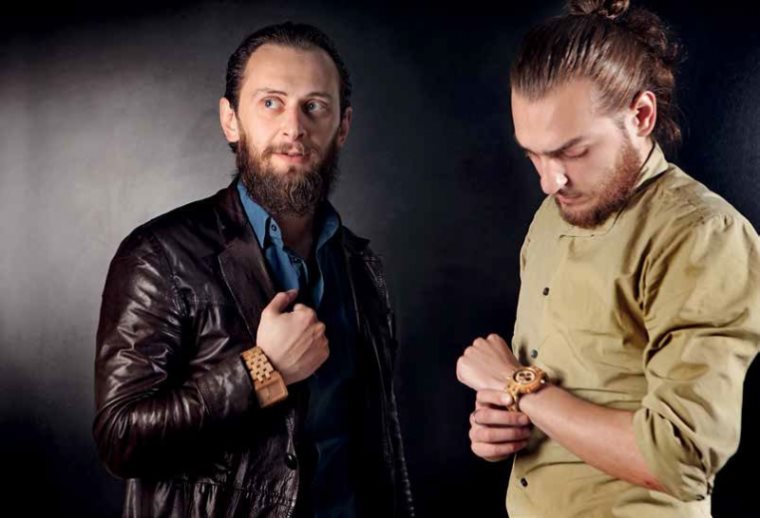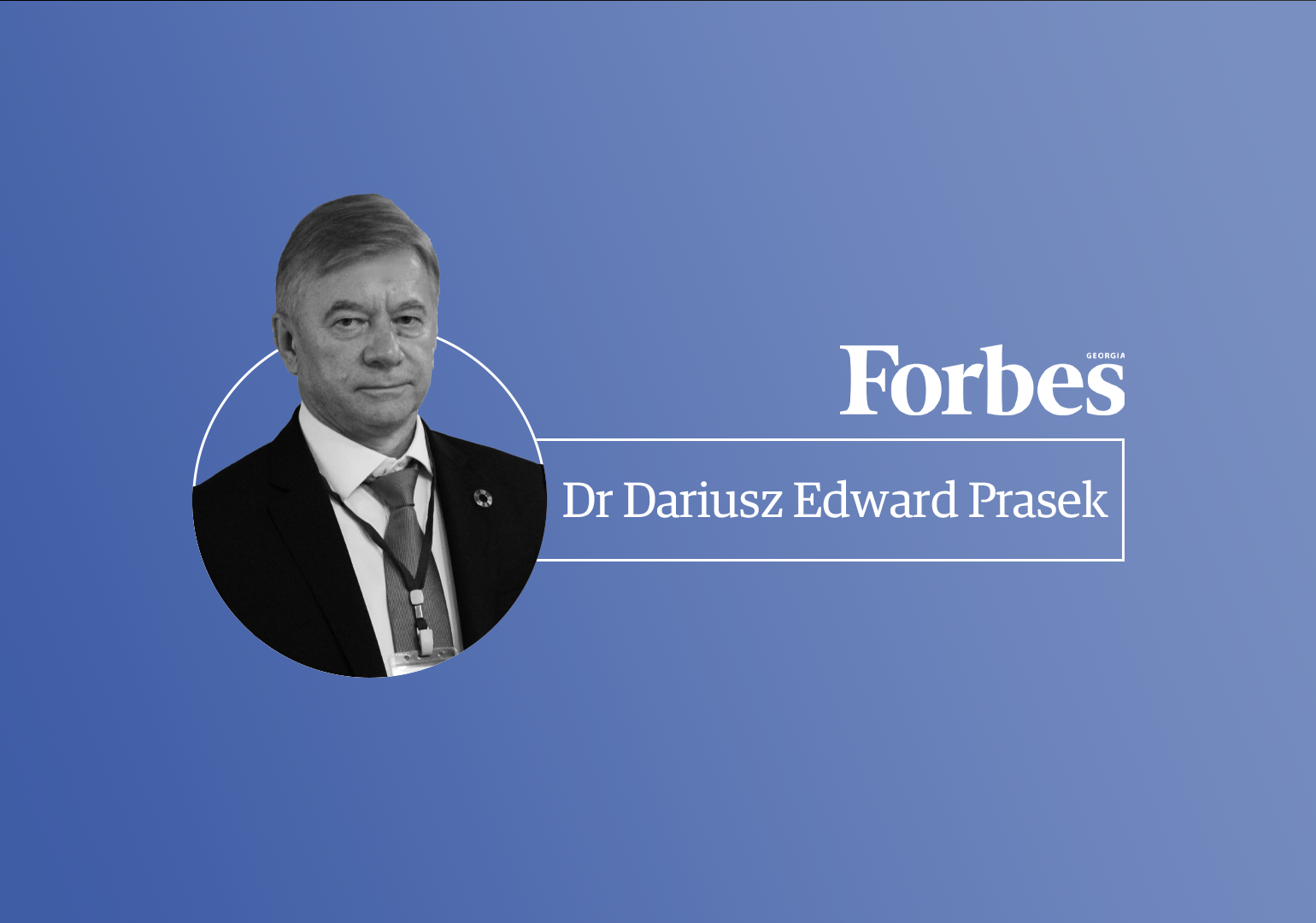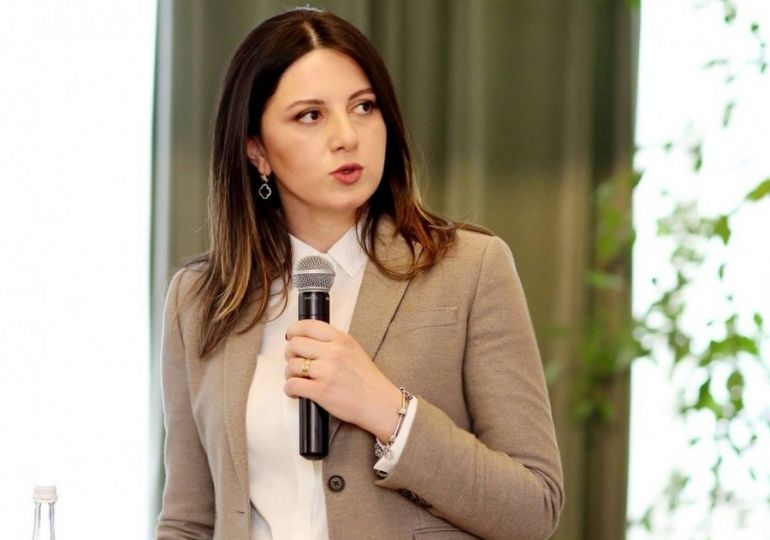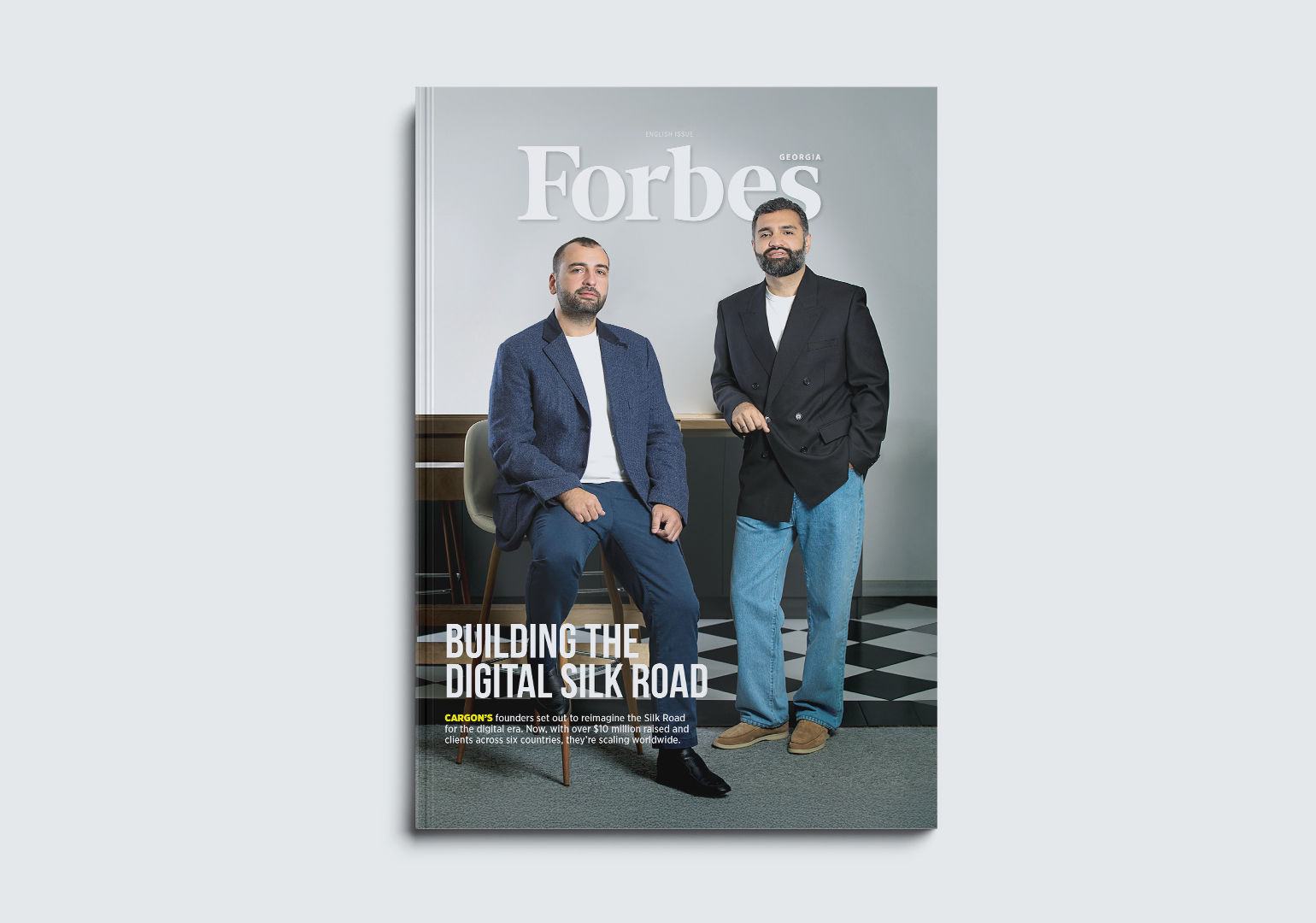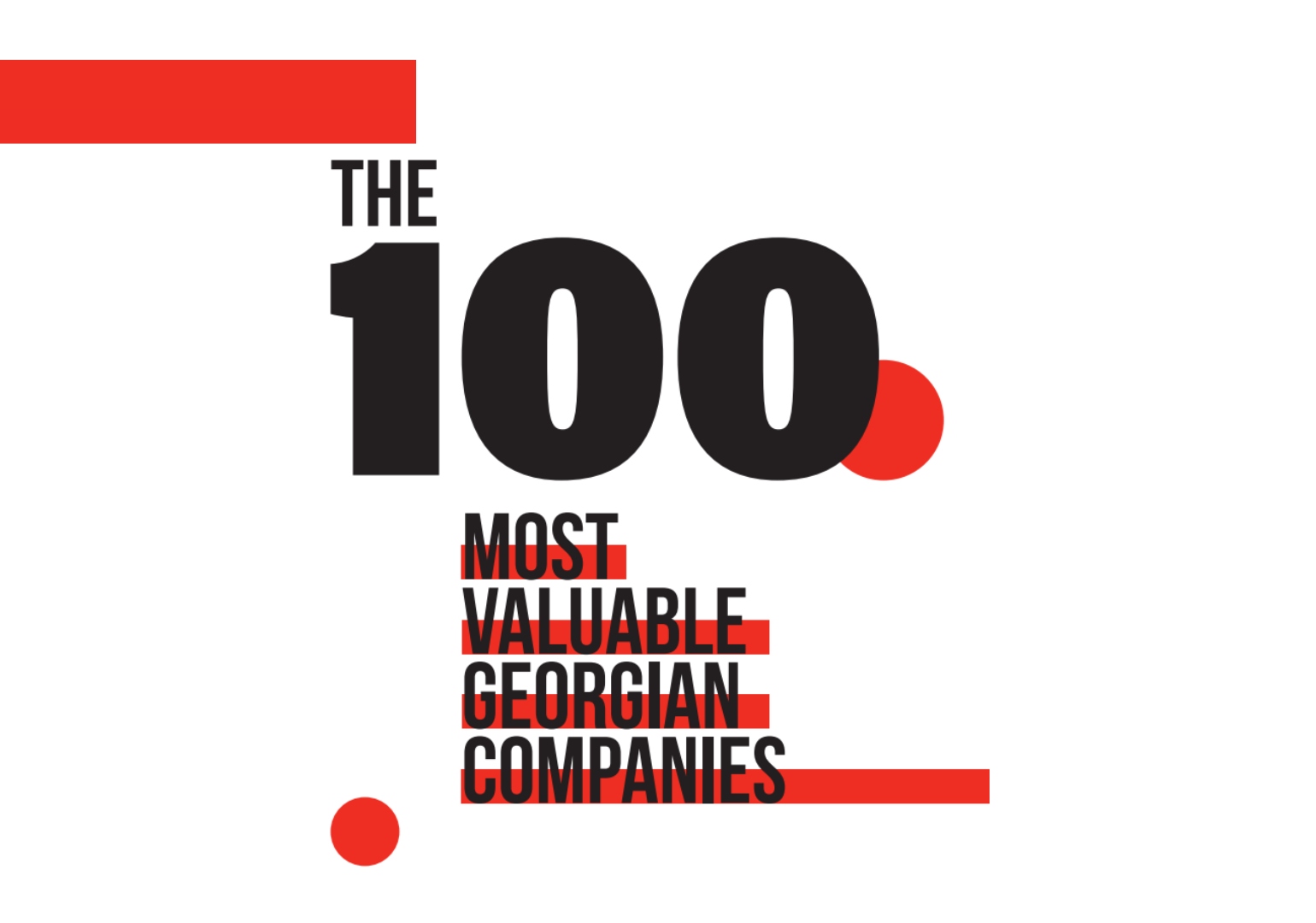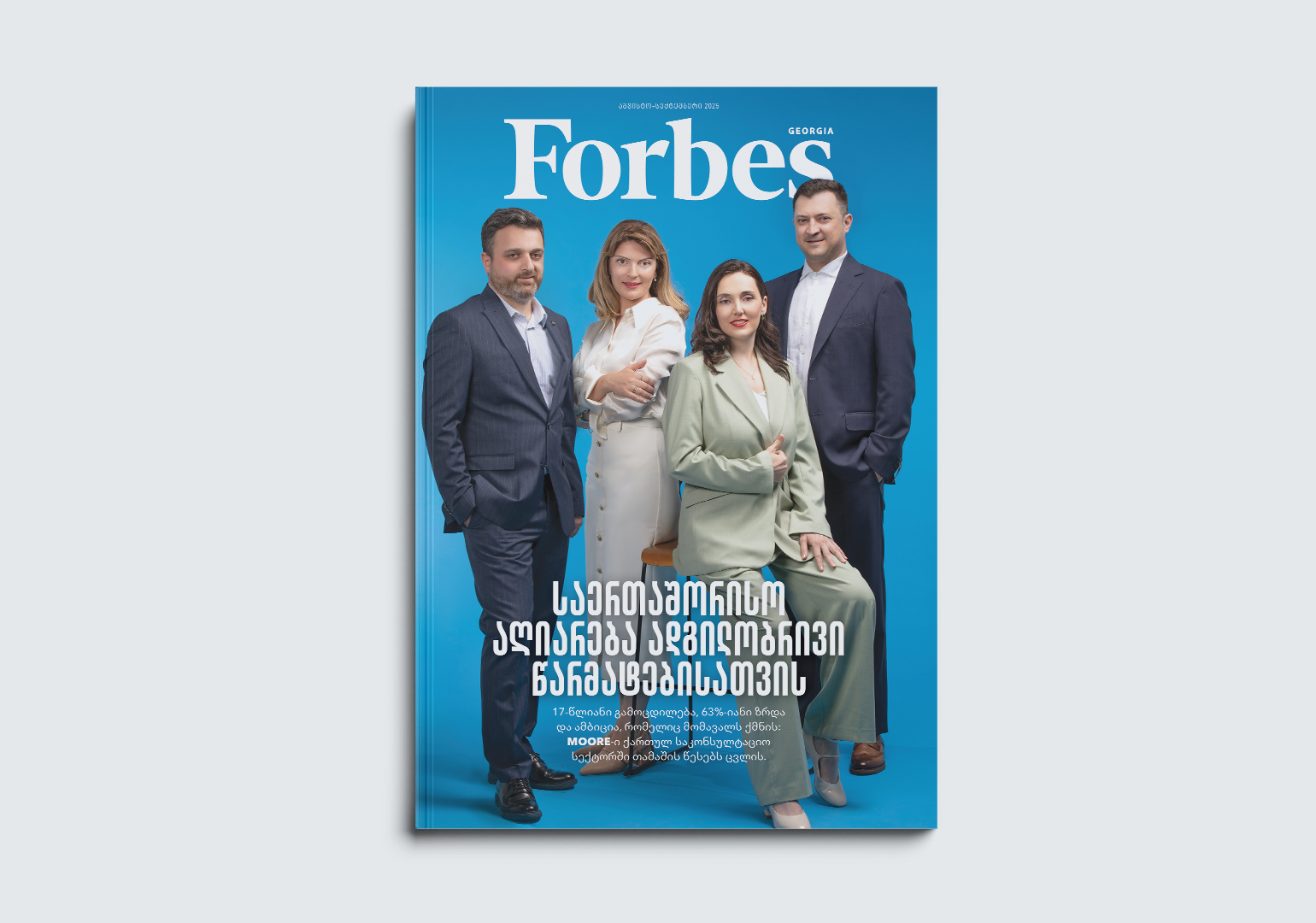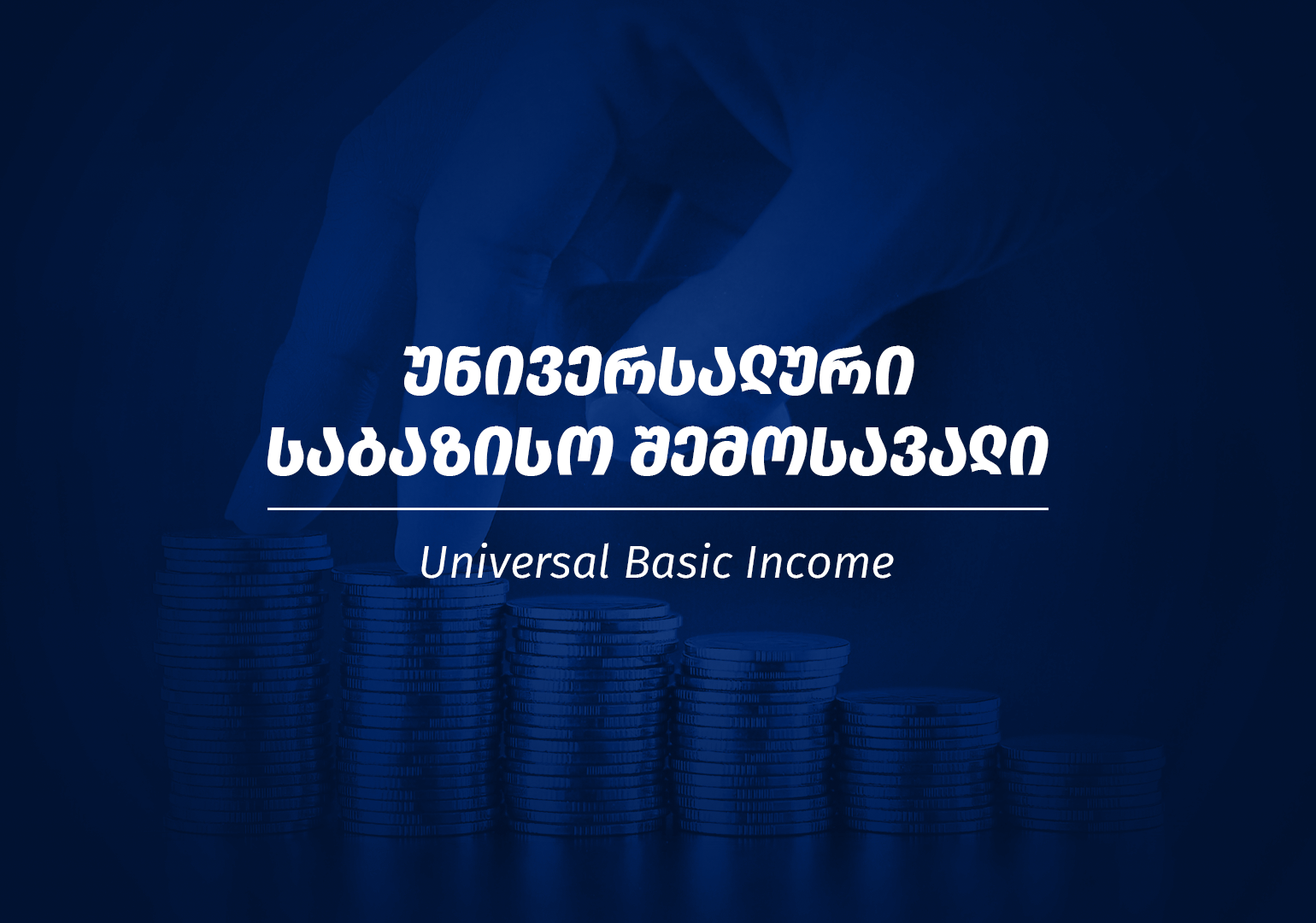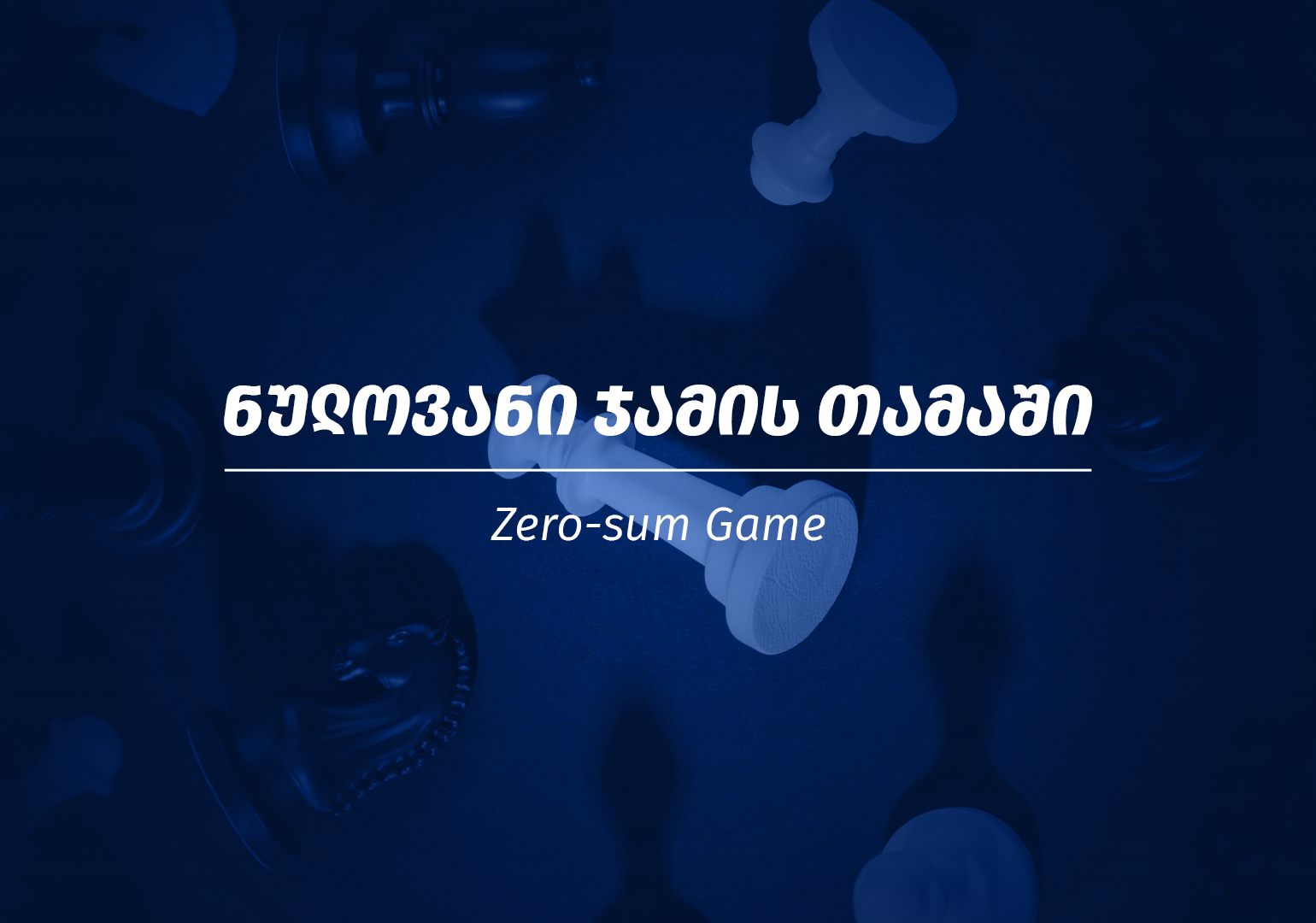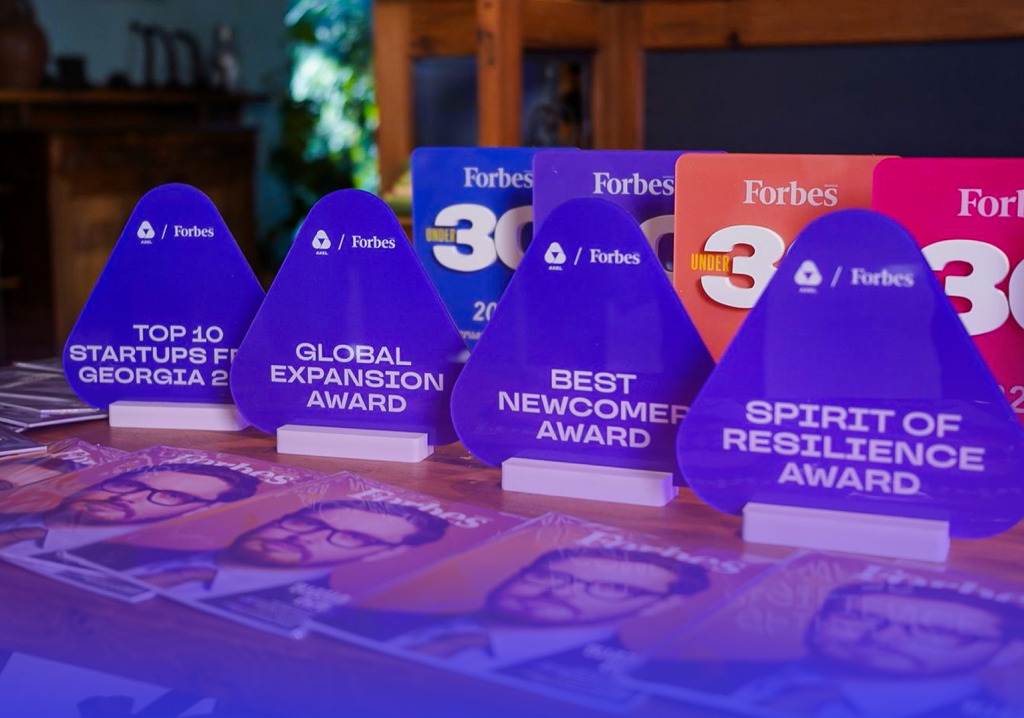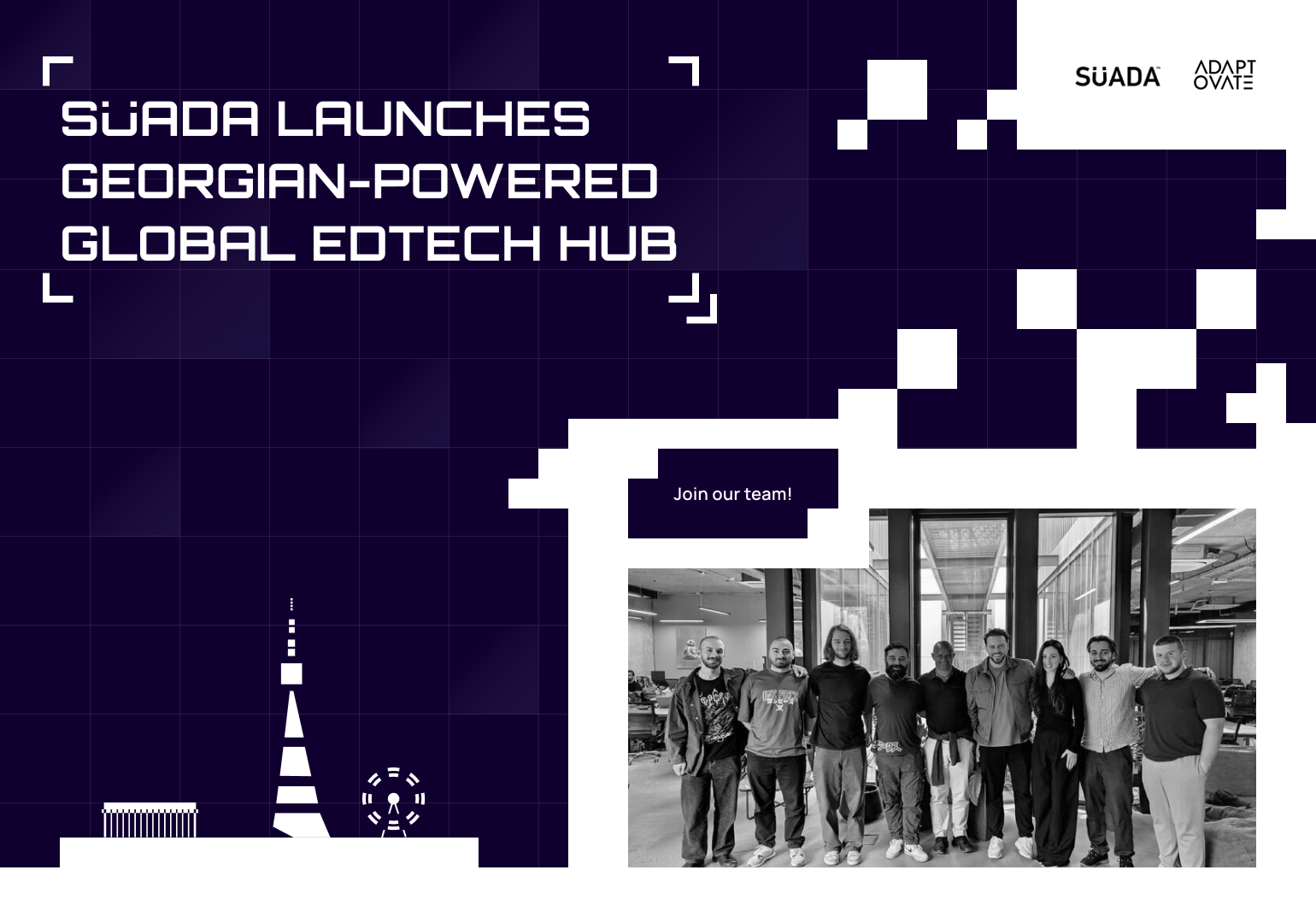On June 17, Georgian startups began receiving funding for the implementation of their innovative ideas from the Partnership Fund and Georgia’s Innovations & Technologies Agency.
During the first stage of the funding, the government will allocate 11 million GEL to finance high-tech startups. In the future, the budget is expected to increase to 35 million GEL. The agency will fund mostly startups with high-tech ideas. However, all business ideas submitted to the Partnership Fund should contain an element of innovation. In return, the agency will obtain up to a 5% share in the capital of the startup, and will receive the same amount of income from the startup’s profits.
The Partnership Fund will also set up a subsidiary company called Startup Georgia, which will create a new joint company with each selected beneficiary. The program beneficiaries will be required to pay a minimum 10% of the project price, while their business ideas will be automatically considered as a 40% contribution to the capital. Accordingly, the beneficiary becomes 50% shareholder of the company. The Partnership Fund is restricted from owning more than 50% of the shares in the newly-established company, and has to withdraw from the project after ten years. The minimum funding for each submitted project is 15,000 GEL with the maximum amount being 100,000 GEL.
The startup owner will not be required a provide collateral in order to receive funding for their projects. The selection of the projects to be funded will be carried out based on a competition. In order to ensure proper implementation of the first stage of the selection process, Georgia’s Innovations & Technologies Agency plans to work with venture and angel-investors from Silicon Valley, who have broad experience in the discovery of startups that have global potential. In the second stage of the selection, a five-member panel from Silicon Valley will conduct one-on-one interviews with the authors of the innovative startup projects.
This is the first time that the government of Georgia plans to institutionalize the funding of startups. In the framework of this program, innovative businesses will be exempt from paying import, value-added and profit taxes. The Innovations & Technologies Agency is working on legislative reform that aims to create additional incentives for private businesses, and those who are willing to invest in innovative enterprises. For instance, the agency is trying to create a legal framework for the public financing platform, also known as ‘crowd funding’.
According to the government of Georgia, the goal of ‘Startup Georgia’ is to facilitate the country’s rapid development. However, some experts believe that funding startups will not help in achieving this goal.
“Risky capital means investing in an idea. That’s what venture capital is all about. Venture capital funds high-risk business ideas. Georgia should first create the appropriate climate for the emergence of venture capital, so that it can fund startups. By funding startups, the government will end up spending tax-payers’ money for investing in startups, and this will not be beneficial to Georgia’s economy,” says Chancellor of Free University in Tbilisi, Vato Lezhava.
For precisely the reason that investing in innovations is a risky endeavor, the Innovations & Technologies Agency is convinced that the government’s support of the startups at the early stages of development is essential. The agency cites the example of many developed countries including the United States, where the state is an active participant in the early stages of startup development.
“This is just the first step to get the Georgian startups on the global market,” says Deputy Chairman of the Innovations & Technologies Agency, Avto Kasradze.
In order to facilitate the process of exporting Georgian startups onto foreign markets, the Innovations & Technologies Agency provides various training courses, coaching, mentoring and consulting services for all program beneficiaries. However, these services are also available to other startups that have been working on their business ideas at the Techno Park Business Incubator for the past few months. Here are some of the notable startups that stand to gain from this new approach.
Four Brothers Time – Z4
Idea: Andria Emkhvari, Rati Emkhvari, Saba Saluashvili and Zaal Saluashvili are brothers. The idea of making wooden clocks belongs to the youngest brother Zaal, whose hobby was working with wood. That’s where the name of the company comes in: Z for Zaal and 4 symbolizes his four brothers. The first clock made from boxwood was warmly received, and was soon followed by other similar clocks. Z4 models are mostly made manually by hand, but the brothers also needed certain equipment for the wood processing, which they did not have. After entering the Techno Park Business Incubator, the brothers received initial funding in the amount of 5,000 GEL, and access to the wood processing machine that is available at the Techno Park.
Plans: To create a Georgian brand of collectible clocks through their own production. At the present time, the production of a single clock may take several weeks, and the demand for these clocks is rather high. The quality of the clocks is also very high. The wood boxes used for making these clocks are very expensive. The four brothers use a Swiss ETA mechanism and unique designs to create their clocks. As a result, the price of the clock often exceeds 1,000 GEL. The four brothers plan to improve and expand their production. However, their clocks will be produced in limited editions, and will be collectible, as opposed to mass-produced.
Goal: In order to sell Z4 clocks first on the Georgian market and later abroad, the goal is to have their own production, equipment and staff. Buying all the necessary equipment for the production of the clocks requires a sizeable investment. However, this is a long-term perspective. Therefore, the brothers plan to enter the startup funding program. At the present moment, the brothers receive damaged or dried box wood material from the state by legal means, or they simply buy it from private entities that have a state license to sell the material. The eco-friendly brothers intend to plant one boxwood shrub for every clock they sell.
Easy honey from ‘Stem Honey’
Idea: The production of honey is very time-consuming and hard work. A farmer needs to put on special protective gear, remove the honeycomb frames and place the frames in an extractor – a centrifuge that spins the frames, forcing honey out of the comb. This machine is quite expensive and therefore most beekeepers use self-made machines to strain their honey. This of course, affects the quality of the honey. However, Joni Petriashvili and Parnavaz Patsinashvili came up with a new concept, which makes the honey-making process much easier, while at the same time maintaining the quality of the honey.
With Stem Honey, beekeepers can simply go to the hive and open the tap, which is connected to a special mechanism inside the hive. With this simple step, beekeepers get pure, raw honey ready for further processing.
Plans: Joni and Parnavaz tried to modernize a beehive with their own money. However, the results were not very encouraging. Since they entered the Techno Park Business Incubator, Joni and Parnavaz have received a lot of support – both technical and in the way of business development. They are currently working on a prototype of a modernized beehive in the so-called ‘Fab Lab’. They estimate that Stem Honey’s ready product will be available in about three months. After that, Joni and Parnavaz plan to expand their production. The novice businessmen believe that their modernized beehives can be used in apartment buildings, on rooftops, school yards and other unorthodox places. They say that this will enable amateur beekeepers a chance to become successful entrepreneurs.
Goal: “To increase the production and export of honey in Georgia, and to turn beekeeping into a profitable business.” The authors of Stem Honeyfrequently hold meetings with various businesses and acquaint them with their new product. Joni and Parnavaz say that most enterprises show a lot of interest in their product, and that they have already found some potential clients. The authors of Stem Honey want to start their own production and are looking for an appropriate building. Even though mass production requires a sizeable amount of capital, Joni and Paznavaz are ready to settle for small-production at the initial stages.
Playground Games Kits– ‘Tamashobana’
Idea: Nona Songhulashvili and Nini Chikovani met in Borjomi and they continue to work there. Nona works as a market research manager and Nini works as a brand manager for the Bakuriani Company. The idea of creating ‘Playground Games’ came when Nona and Nini were spending the summer with their kids at their summer house. They could not find a piece of elastic to play ‘French Elastic’ or ‘French Skipping’ with their children. At the moment, Nona and Nini have created a total of ten playground games that promote children’s socialization: Button, button, who’s got the button?, Blind Man’s Bluff, Capture the Flag, Playground Rhymes, Catch/Racing, Spelling Game, Joker, Portable/Picnic Backgammon, Ball Games, French Elastic and Lotto. Most of the game kits are handmade and use eco-friendly materials. The initial capital of the company was 30,000 GEL. In the first three months, the company sold 12,000 GEL worth of game kits. The price for the game kits start at 22 GEL, and they are already available at three large toy store chains.
Plans: Expansion of the sales network. Nona and Nini have been working at the Techno Park Business Incubator since March. With the help of the management academy, Nona and Nini were able to change their business model, and form a business that is destined to become successful. The new business model will make game kits available for all segments. They have already created prototypes of the updated versions of the games in the Techno Park Fab Lab. While working at the Techno Park, Nona and Nini came up with a new idea for a new project – ‘Celebration Game’, a game in which participants can arrange fun celebrations for both young and old. Even though the Techno Park offered to assist Nona and Nini with the arrangement of meetings with potential investors, they turned down the offer for co-investment, andare planning to participate in the state-funded program for startups instead.
Mission: Based on their new business model, they are convinced that Tamashobana will grow from a small enterprise into a real toy factory. They plan to export their toys by the end of the year. In addition, Nona and Nini are eager to cooperate with City Hall, so they can get their toy kits into schools and kindergartens. However, at this point, they are only in the negotiation stage.
